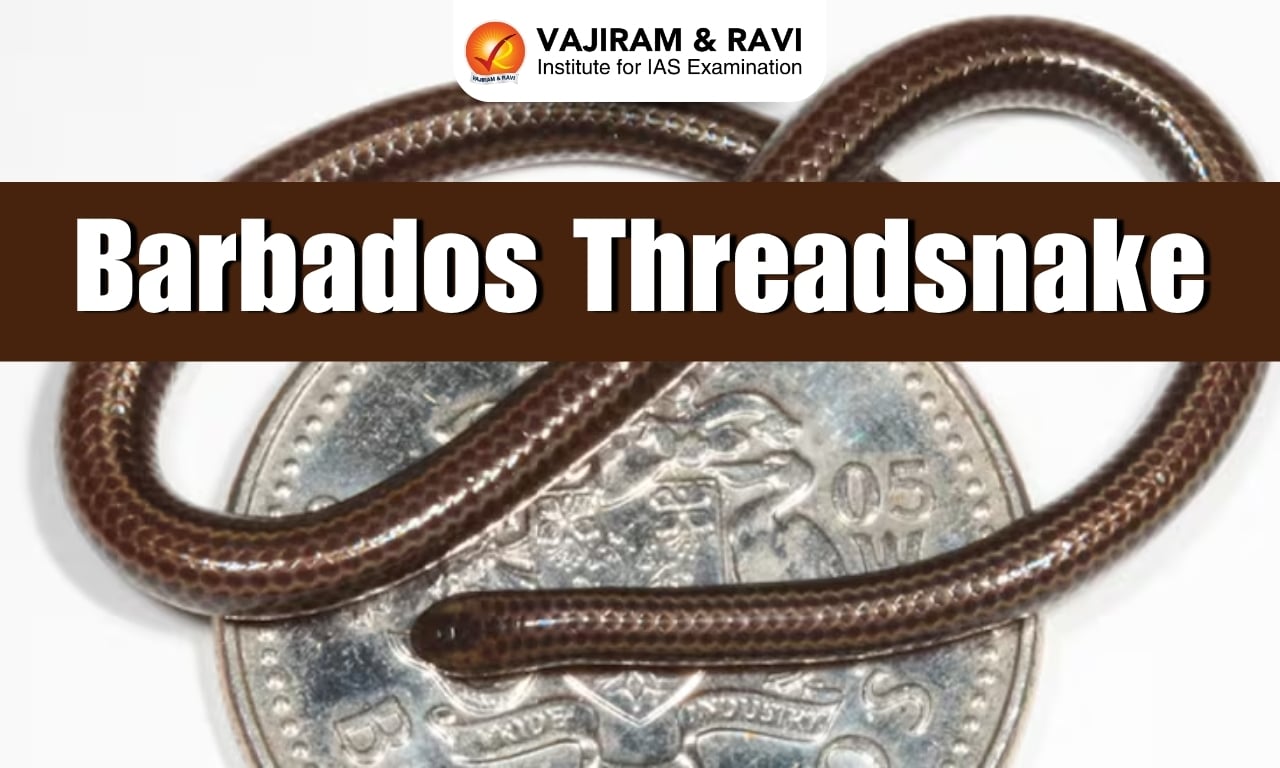About Adjudicating Authority under the PMLA
- Under PMLA, an adjudicating authority determines within 180 days whether theproperties attached by the Enforcement Directorate (ED) are involved in money laundering or not.
- Functioning:
- Section 5 of the PMLA provides for the attachment of any property that is suspected to have been acquired with the proceeds of crime in a case of any offence that is listed in the schedule of the law.
- The attachment order is issued if the ED Director feels that “such proceeds of crime are likely to be concealed, transferred, or dealt with in any manner which may result in frustrating any proceedings relating to confiscation of such proceeds of crime”.
- This provisional attachment order is valid fora period of180 days.
- It must be confirmed within this time by an adjudicating authority appointed by the central government, failing which the property is automatically released from attachment.
- Because the initial attachment is provisional, the accused can continue to enjoy the property until theadjudicating authority confirms the attachment, after which the ED has the power to claim possession.
- What happens after the Adjudicating Authority confirms the attachment?
- The accused has the right to challenge the adjudicating authority’s confirmation order at the PMLA’s Appellate Tribunal within 45 days.
- If the Appellate Tribunal too confirms the order, the accused can file a plea in the High Court, and so on.
- Unless the property is released along the way, it shall remain out of boundsfor the owner until the trial is completed.
- Following final confirmation, in the case of a residential property, the ED will ask the owner to vacate the premises along with his belongings, and will take over possession.
- In case of a conviction, the trial court may order confiscationof the attached property, and vest the rights to the property with the central government.
- Attached properties may remain locked for years as the legal process continues, and may start to crumble and decay.
Q1: What is the Enforcement Directorate (ED)?
The Directorate of Enforcement or Enforcement Directorate (ED) is a domestic law enforcement agency and economic intelligence agency. It is responsible for enforcing economic laws and fighting economic crimes in India. The origin of the ED goes back to May 1956, when an “enforcement unit” was formed, for handling Exchange Control Laws violations under the Foreign Exchange Regulation Act, 1947. In 1957, the unit was renamed as the Enforcement Directorate. Ministry of Finance is the nodal ministry of ED.
Last updated on July, 2025
→ UPSC Notification 2025 was released on 22nd January 2025.
→ UPSC Prelims Result 2025 is out now for the CSE held on 25 May 2025.
→ UPSC Prelims Question Paper 2025 and Unofficial Prelims Answer Key 2025 are available now.
→ UPSC Calendar 2026 is released on 15th May, 2025.
→ The UPSC Vacancy 2025 were released 1129, out of which 979 were for UPSC CSE and remaining 150 are for UPSC IFoS.
→ UPSC Mains 2025 will be conducted on 22nd August 2025.
→ UPSC Prelims 2026 will be conducted on 24th May, 2026 & UPSC Mains 2026 will be conducted on 21st August 2026.
→ The UPSC Selection Process is of 3 stages-Prelims, Mains and Interview.
→ UPSC Result 2024 is released with latest UPSC Marksheet 2024. Check Now!
→ UPSC Toppers List 2024 is released now. Shakti Dubey is UPSC AIR 1 2024 Topper.
→ Also check Best IAS Coaching in Delhi















